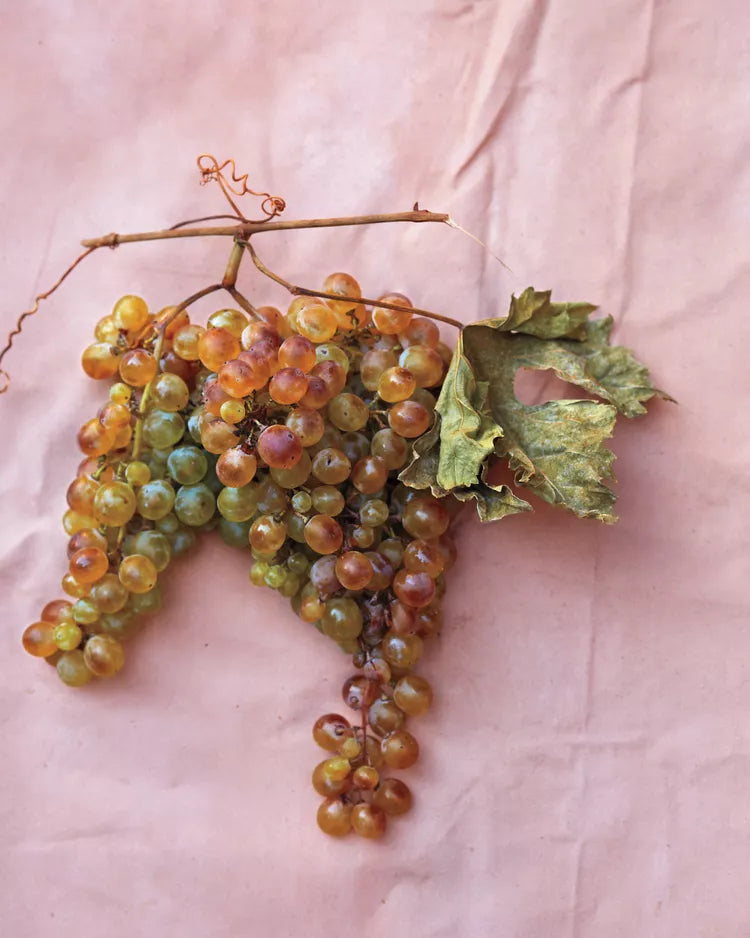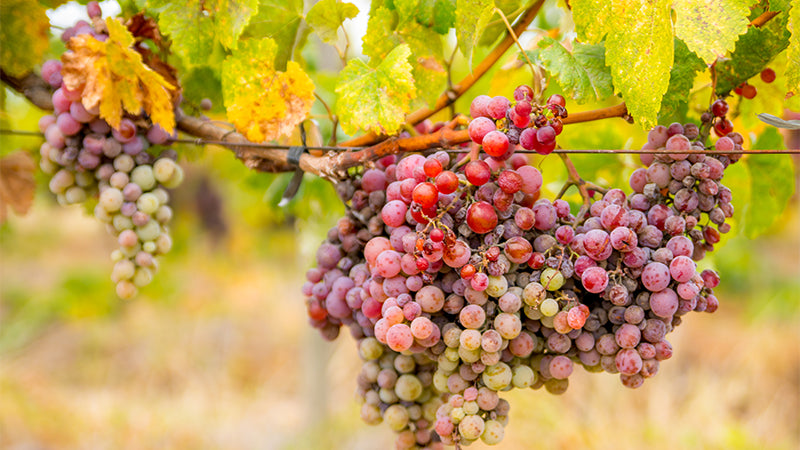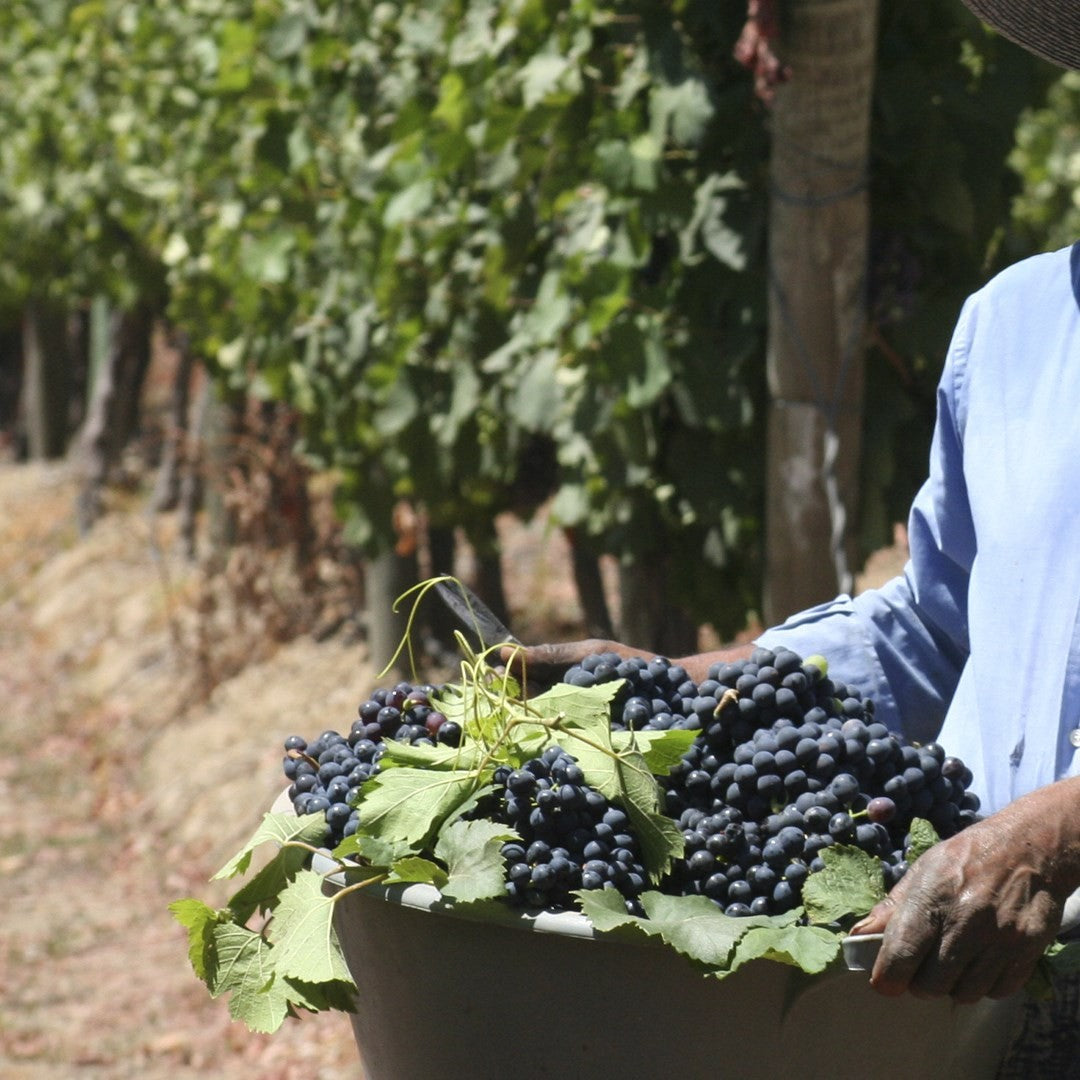Your basket is empty
Already have an account? Log in to check out faster.
Already have an account? Log in to check out faster.
Husband and wife Osvaldo Bisquertt and Soledad Urrutia founded their eponymous winery in 1978. Their work in the Colchagua Valley was instrumental in developing this now highly acclaimed wine region, especially through their pioneering efforts in planting the Marchigüe subzone. In the early 2000s, Osvaldo and Soledad’s son Sebastian took the reins of their family business. The Bisquertt family strives to be true stewards of their land, achieving the Wines of Chile organization’s sustainability credential. Their implementation of environmentally sound and socially sustainable standards across their supply chain span everything from wastewater management and carbon footprint reduction to fair labor practices and community development.
For the Vinalia x Bisquertt wines, the Bisquertt family partners with a host of small grape farmers across Chile who cultivate the country’s heritage varieties—grapes that count among the earliest to be introduced to Chile’s vineyards from Europe a half millennium ago. Their vineyards sustain some of South America’s greatest viticultural treasures in their gnarly, head-trained vines that largely approach or exceed a century in age. The resulting wines preserve the traditional early expressions of South American wine, enhanced by modern know-how and hundreds of years of experience with Chilean terroir.





Just two hours south of Santiago by car, Chile’s Valle de Colchagua (Colchagua Valley) is a picturesque region that stretches from the majestic Andes to the stunning Pacific coastline, following the winding path of the Tinguiririca River. Known as one of Chile’s largest appellations for fine wine, the valley boasts a diverse range of vineyards, with two-thirds of its plantings located in the “Entre Cordilleras” zones - the valley floors nestled between the mountains. However, the region's ambitious winegrowers are constantly pushing boundaries and venturing into hillside sites, unlocking new possibilities for winemaking.
Delving deeper into the magic of Chile's Colchagua Valley, the region's unique geographical features significantly contribute to its viticultural success. Characterized by its Mediterranean climate, the valley experiences hot, dry summers and cool, wet winters - a perfect combination for vine cultivation. There's a distinctive diurnal temperature variation here, with warm daytime temperatures plummeting at night, allowing the grapes to ripe gradually, thereby retaining their acidity and developing a balanced, complex flavor profile.
The soil in the Colchagua Valley is as varied as its wines. From the alluvial soils in the valley floor, rich in nutrients and ideal for cultivating Cabernet Sauvignon and Carmenere, to the granitic and clay soils in the hillside zones perfect for Syrah and Merlot, the region's diverse terroir is reflected in the depth and character of its wines.
In addition to these natural endowments, the Colchagua Valley also boasts of a vibrant wine tourism scene. Visitors can embark on immersive vineyard tours, partake in expert-led wine tastings, and even participate in the exciting grape harvest. Equally enchanting are the region's wine routes that take you through quaint towns, rustic wineries, and stunning landscapes. With the fusion of tradition, innovation, and a deep respect for nature, the winemakers of the Colchagua Valley continue to craft wines that not only delight the palate but also narrate the rich story of the land from which they come.
